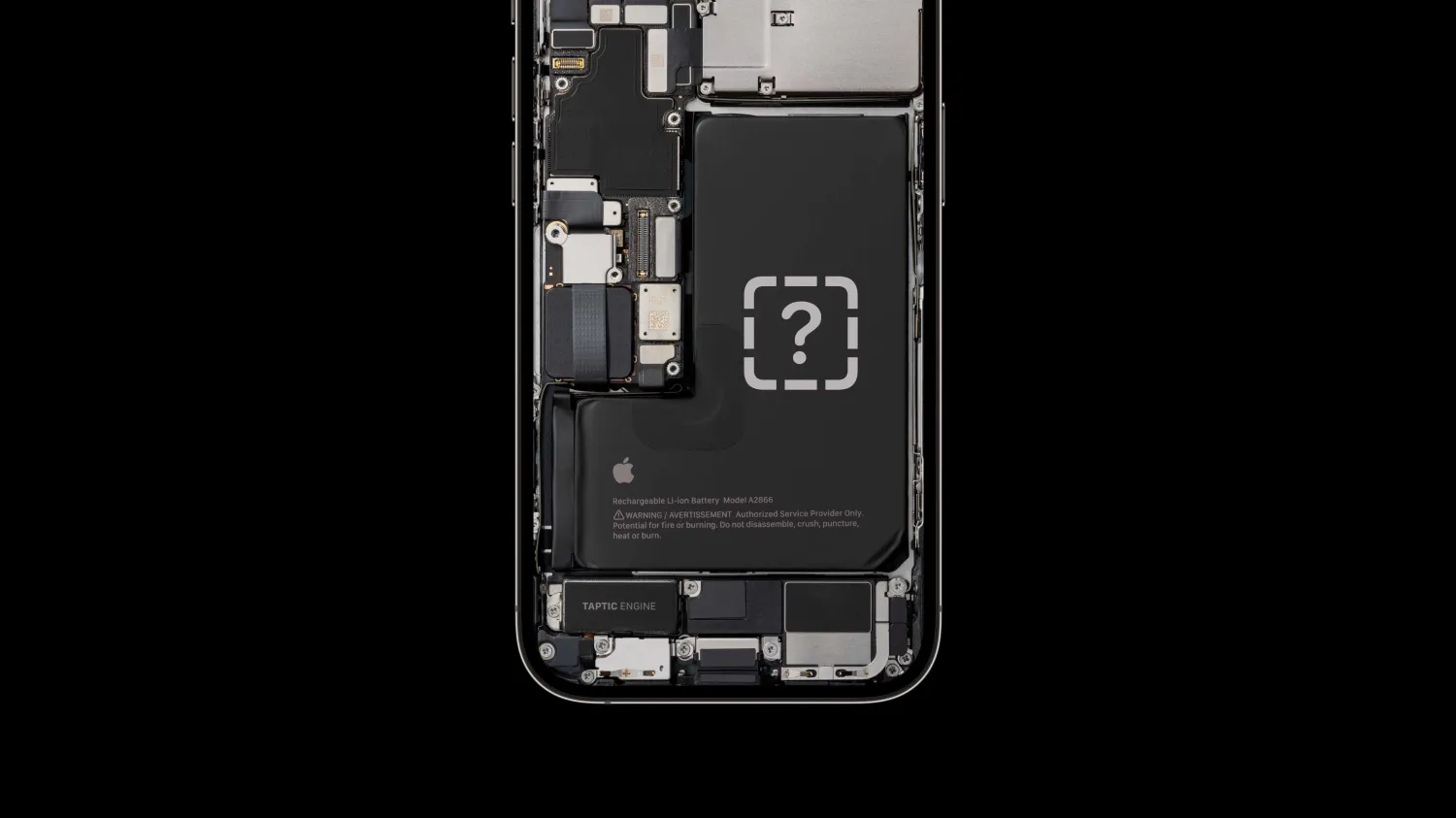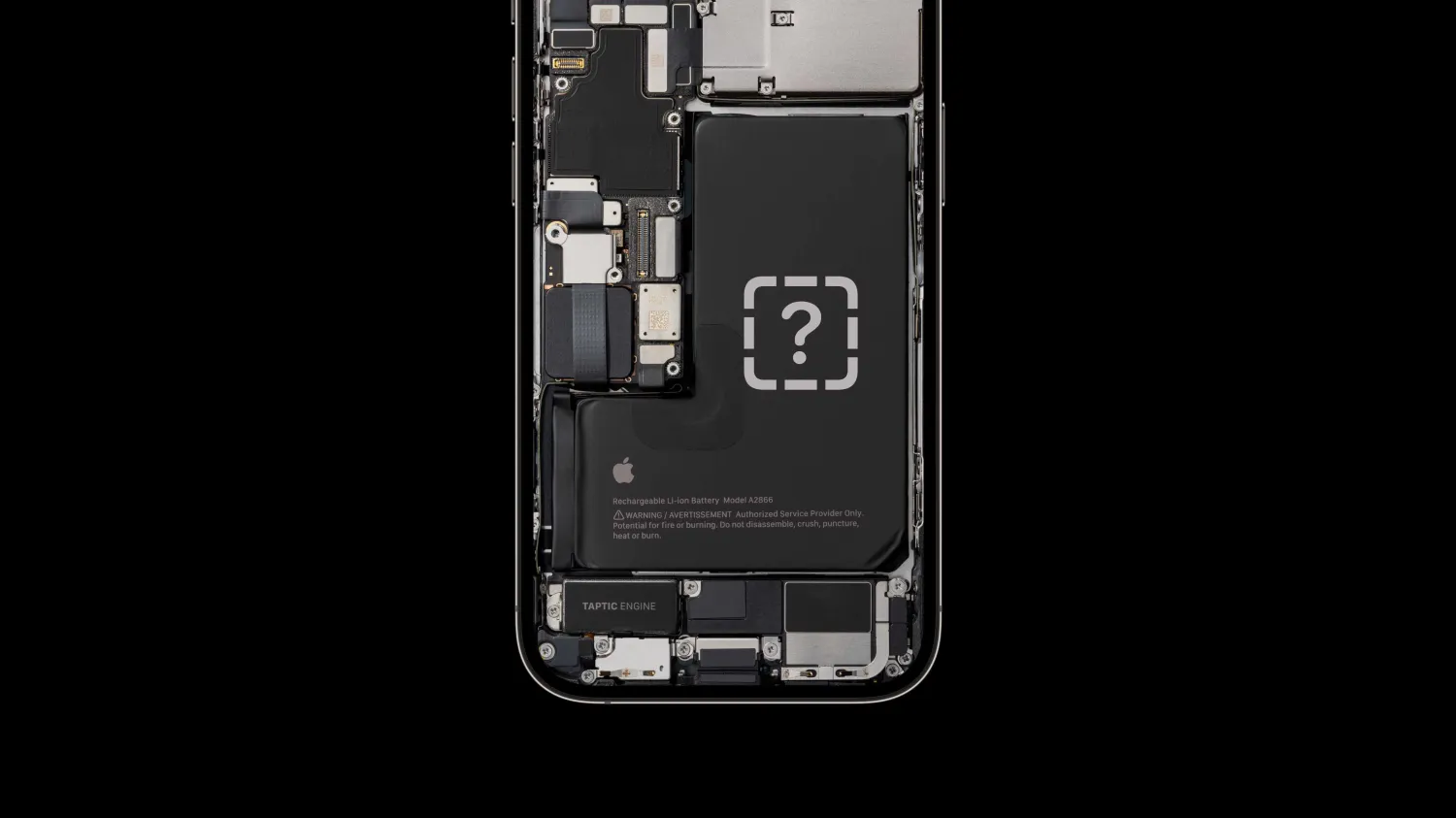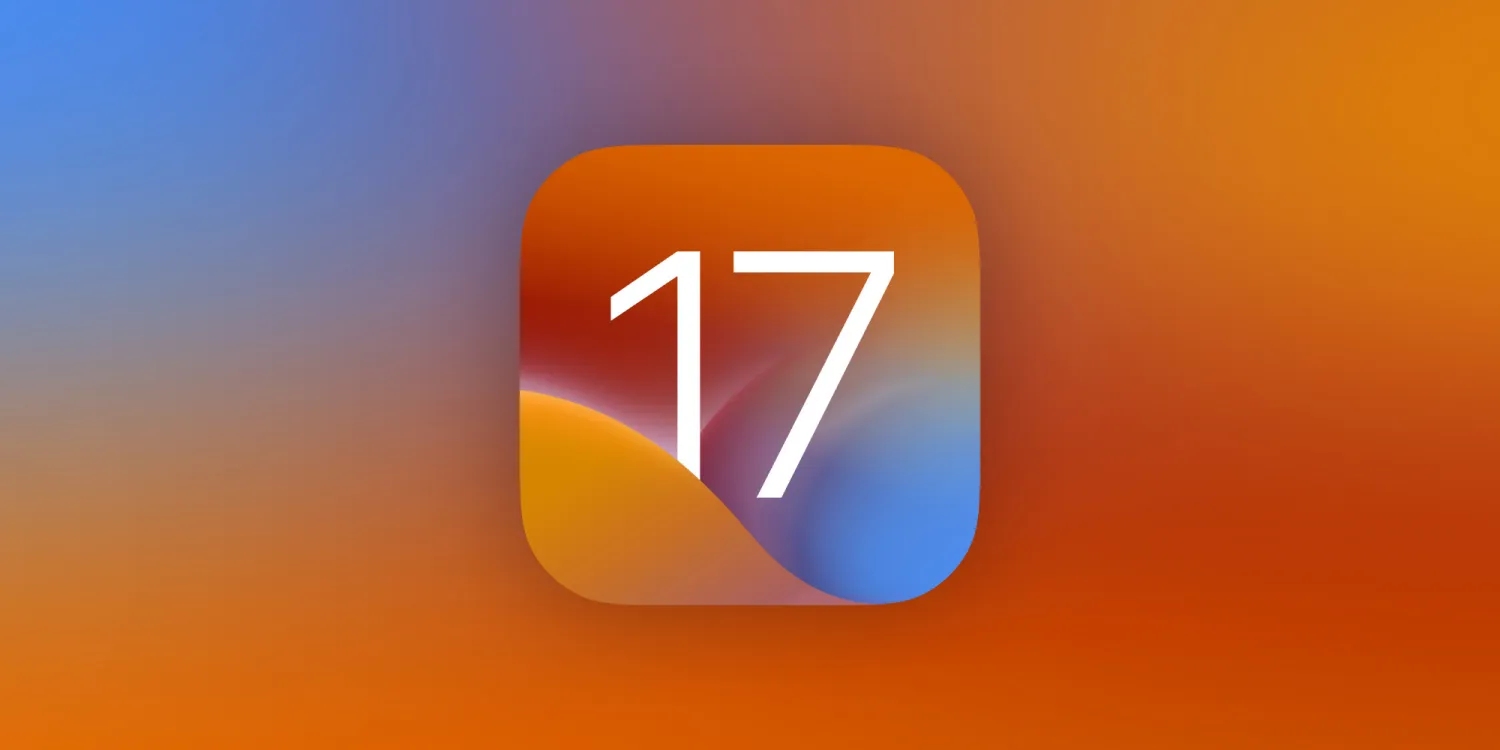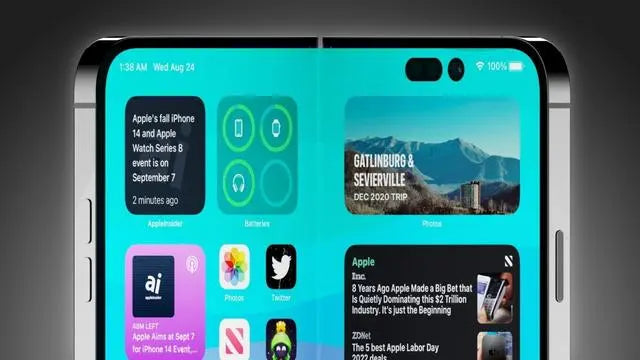
Starting in March, Apple raised prices for iPhone battery replacements. Whether you’re just curious how your battery health is holding up or you’re having issues with battery life or unexpected shutdowns, it’s easy to check the status in iOS Settings. Below we’ll cover how to see iPhone battery health, tips on when it’s time to get a replacement, charge cycle expectations, and more.
The iPhone 14 lineup launched with a higher cost for out-of-warranty battery replacements of $99. However, the change as of March 1 saw Apple bump battery replacements for all of its older iPhone models by $20. That pushed iPhone 13 through iPhone X up to $89 and iPhone SE, iPhone 8, and earlier to $69.
If you upgrade your iPhone every year or two, you hopefully shouldn’t have an issue with a degraded battery, unless you end up with a defective one. But for those who have iPhones that are two years old or older, low battery health ends up being an inevitability at some point due to chemical aging along with how many charge cycles they’ve gone through.
How to see iPhone battery health
- Open the Settings app on your iPhone
- Swipe down and tap Battery
- Now choose Battery Health & Charging
- Your current battery capacity is shown at the top

When should you replace an iPhone battery?
-
TL;DR: When your battery has dropped below 80% of its original capacity you may want to consider a replacement. Same if you see a warning about your battery being degraded or if it won’t hold a charge.
- Under the “Battery Health & Charging” section shown above, you should see a warning if your battery health is degraded and if it’s causing issues like unexpected shutdowns and/or unable to sustain peak performance.
- Apple says iPhone batteries are “designed to retain up to 80% of its original capacity at 500 complete charge cycles when operating under normal conditions.”
If you’re in the US, replacements are covered under the one-year included warranty or with AppleCare. However, if you’re out of warranty coverage, Apple charges a $69-99 fee for the iPhone battery replacement service.
When an iPhone battery drops below 80% of its original capacity, a feature called “performance management” may be automatically applied. This works to help prevent unexpected shutdowns.
However, it is possible to turn the performance throttling off. Looks for the small “Disable” button at the end of the text below “Peak Performance Capability.”
If you see a message that says battery health degraded or unknown, head to an Apple Store, reach out to Apple Support, or an Apple Authorized Service Provider if you want to get a certified Apple battery replacement.
You can read more specifics about iPhone battery and performance in Apple’s full support document. Thanks for reading our guide on how to see iPhone battery health!



